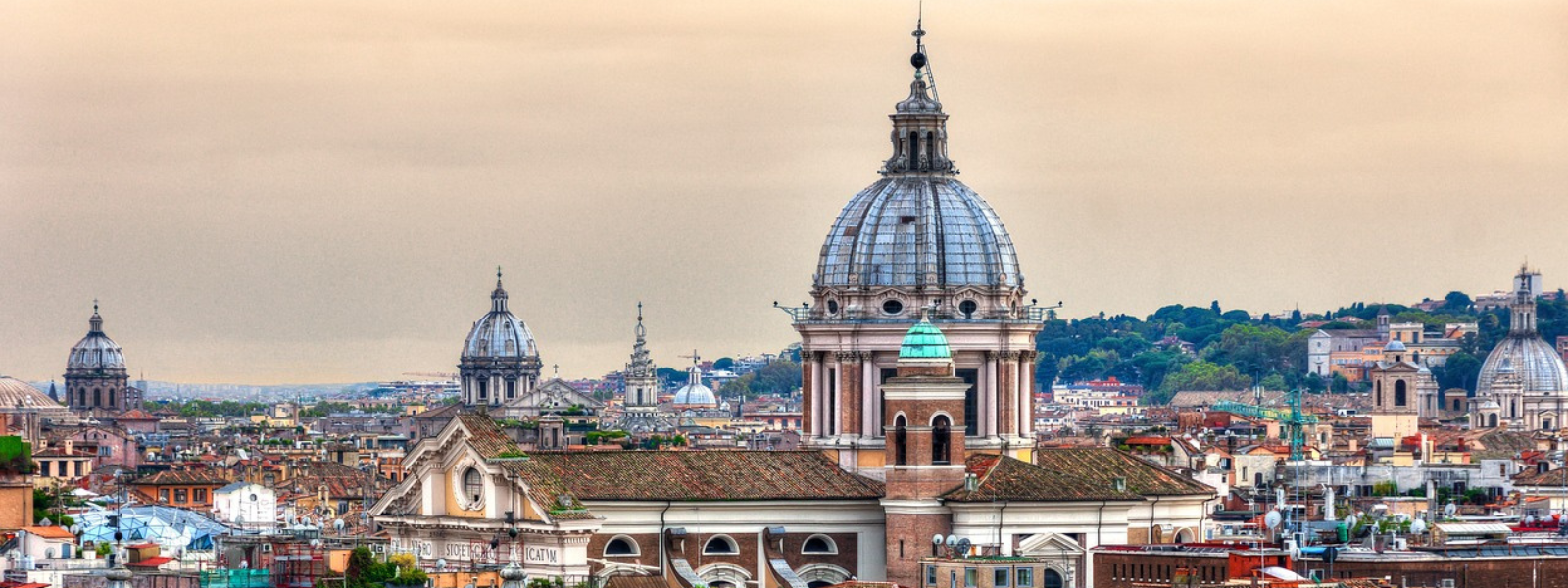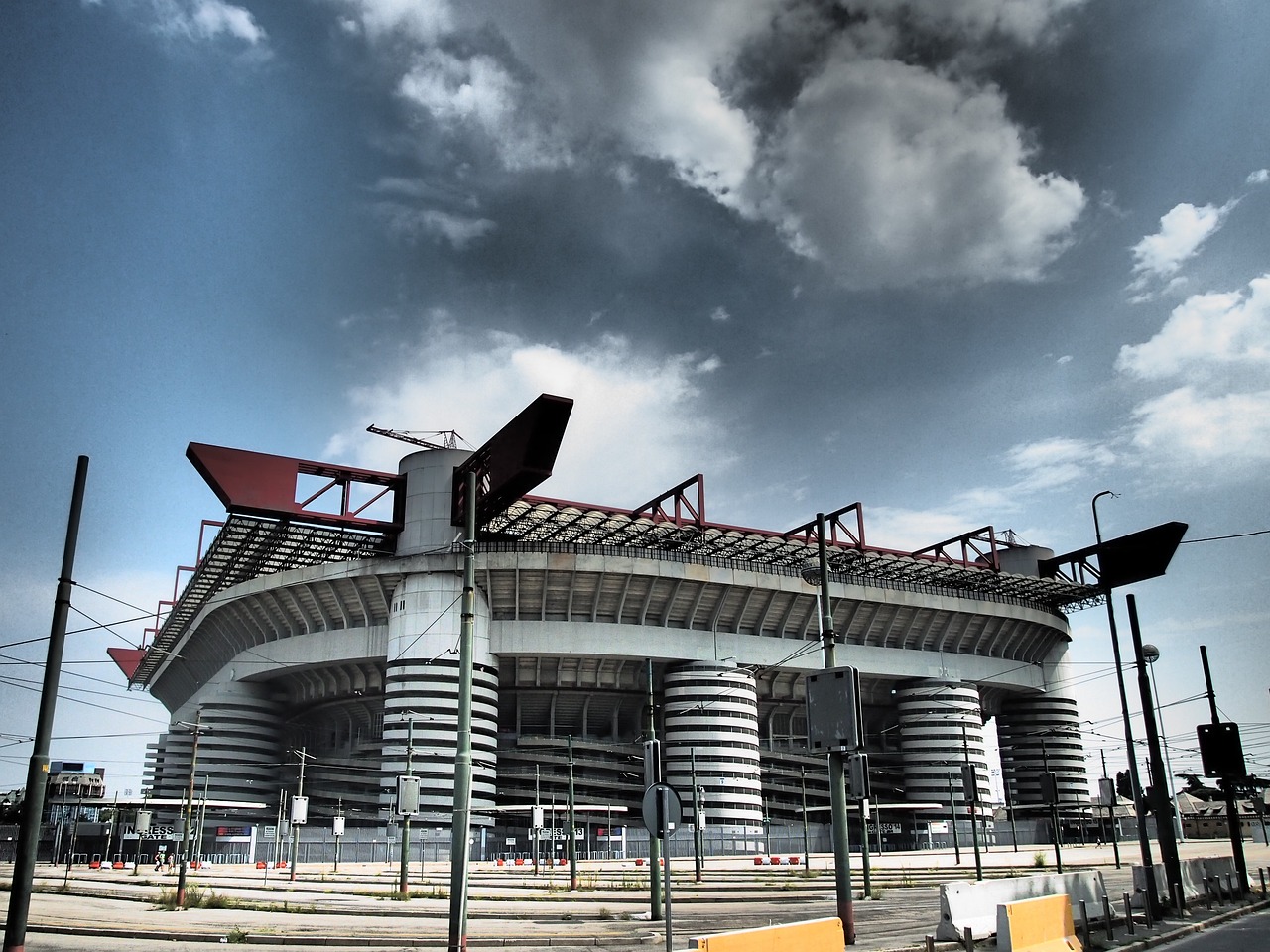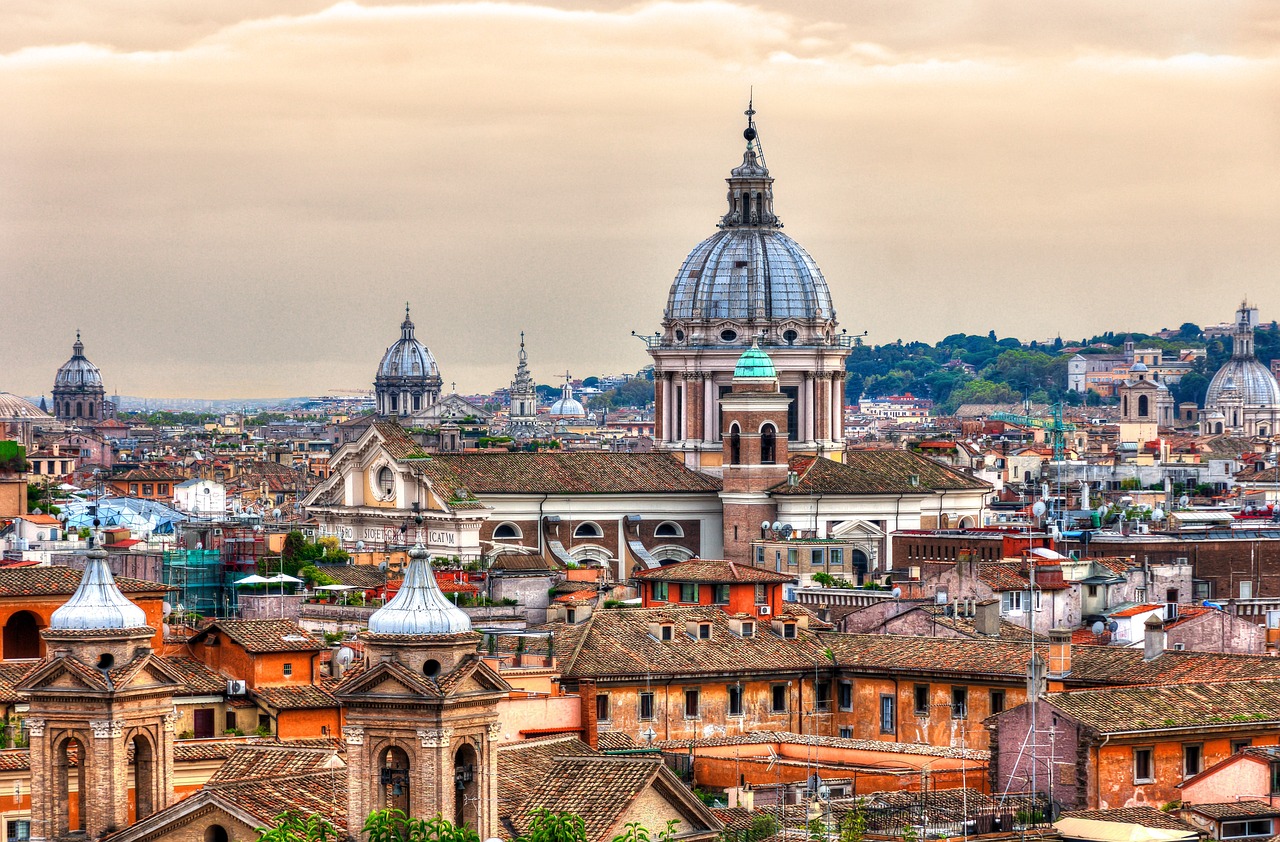
European Football Championship 1980
Italy hosted the sixth European Football Championship held in 1980. This championship brought certain innovations regarding the organizational system. The qualifications and the final tournament were retained, but it was decided that the final tournament would now include eight teams instead of the previous four. This increased the chances of advancing from the qualifications to the tournament among the best eight, and the tournament itself gained a different dimension as the competitiveness of the competition was elevated to a higher level.
Qualifications
Thirty-one teams participated in the qualifications. They were divided into seven groups – three groups with five teams each and four groups with four teams each. The winners of the groups went directly to the final tournament of the European Championship, while Italy, as the host, had a direct pass. The winner of Group 1 was convincingly the England team. In the second group, Belgium triumphed, but Austria was close to qualifying, missing out by just one point. The best in Group 3 was the Spain team, which prevailed over the Yugoslavia, Romania, and Cyprus. The Yugoslavs were one point behind the Spaniards, and a costly defeat by Romania away from home proved decisive. The Netherlands was the best in Group 4, where both Poland and East Germany had chances to advance. The best team from Group 5 was Czechoslovakia, eliminating, among others, France. Group 6 balanced, with Greece, Hungary, Finland, and the Soviet Union competing. In the end, Greece emerged as the best. In the last, seventh group, West Germany finished the competition undefeated, securing a place in Italy, hoping to go a step further compared to the competition in Yugoslavia.
Host Country
The 1980 European Championship was held between June 11 and 22 in four Italian cities: Rome, Milan, Naples, and Turin. The matches were played at the “Olimpico” in Rome, the famous “San Siro,” home to Inter and Milan in Milan, the “San Paolo” stadium in Naples, and the “Comunale” in Turin.

Stadium “San Siro” in Milan. Photo: pixabay.com.
Participating Teams
As the host country, Italy secured automatic qualification for this European Championship. In addition, the teams from England, Belgium, Spain, the Netherlands, Czechoslovakia, Greece, and West Germany also qualified. Czechoslovakia was the defending champion, winning the title in 1976 in Yugoslavia.
Group Stage
In the group stage, the teams were divided into two groups. The group winners went directly to the final, while the runners-up played in the third-place match. Group A comprised West Germany, Czechoslovakia, the Netherlands, and Greece. In the first round, West Germany beat Czechoslovakia, avenging their defeat in the final four years earlier, while the Netherlands beat Greece with the same result, 1-0. In the second round, West Germany defeated the Netherlands 3-2, and Czechoslovakia beat Greece 3-1. The third round saw two draws – Greece and West Germany played to a 0-0 draw, and the Netherlands and Czechoslovakia drew 1-1. West Germany finished first in this group, thus advancing to the final, while Czechoslovakia finished second. Group B included the host country, Italy, Belgium, England, and Spain. In the first round, Belgium and England drew 1-1, as did Spain and Italy, but their match ended 0-0. Belgium defeated Spain 2-1 in the second round, and Italy beat England 1-0. England defeated Spain 2-1 in the third round, and Italy drew with Belgium 0-0. In the end, Belgium finished first in the group only because they scored more goals than the host, so Italy had to settle for playing in the third-place match.
Final and Third Place Match
In the third-place match, host nation Italy faced Czechoslovakia. The match was played in Naples, and Czechoslovakia took the lead with a goal by Jurkemik in the 54th minute. However, Graziani managed to equalize in the 73rd minute. There was no extra time for the third-place match, so penalties were taken immediately. After nine rounds of penalties, Czechoslovakia emerged victorious, having scored all their penalties, while Collovati missed Italy’s final penalty. Thus, Czechoslovakia secured third place in this European Championship.
The final saw West Germany play against Belgium in Rome. The Germans took the lead early on with a goal by Hrubesch, and they went into halftime with a one-goal advantage. However, in the 75th minute, Vandereycken successfully converted a penalty for Belgium, and it seemed the match would go into extra time. Nevertheless, Hrubesch again demonstrated his scoring prowess by netting a goal in the 88th minute. This allowed West Germany to claim yet another European football championship title.

Rome, venue of the final match of the 1980 European Championship. Photo: pixabay.com.
Statistics
Despite scoring twice in the final, Hrubesch was not the top scorer of the Championship. That title went to his teammate Klaus Allofs, who scored three goals, all in the victory against the Netherlands. The tournament team included Italians Dino Zoff, Gentile, Scirea, and Tardelli; Germans Briegel, Förster, Müller, Schuster, Hrubesch, and Rummenigge; and Belgian Ceulemans.
Legacy and Impact
This Championship will be remembered for the change in the competition format, but also for the fact that the group stage determined the entire course of the subsequent competition since there were no semifinal matches, with the group winners directly securing places in the final.
Interesting Facts
The 1980 European Championship in Italy was the last to feature a third-place match. After this edition, only final matches were played. Additionally, this Championship is notable for West Germany’s third consecutive final appearance.



